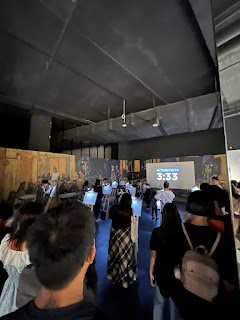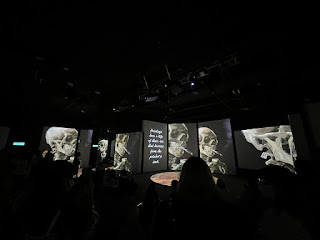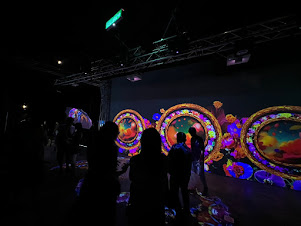The rise of artificial intelligence (AI) has sparked questions and concerns about the future of human involvement. Will AI replace humans in various domains? In this blog, we will explore this topic and shed light on why AI is not poised to replace us, but rather work alongside us. By understanding the unique qualities of humans and the complementary role of AI, we can embrace a collaborative future.
AI, or artificial intelligence, refers to the field of computer science and technology that focuses on creating intelligent machines or systems capable of performing tasks that typically require human intelligence. AI encompasses a wide range of techniques, algorithms, and methodologies aimed at enabling computers to exhibit intelligent behavior.
AI can be considered both a concept and a technology. As a concept, AI represents the idea of creating machines that can mimic or simulate human intelligence, including abilities such as problem-solving, learning, reasoning, perception, and language understanding. As a technology, AI refers to the implementation and application of various algorithms and models to enable machines to perform intelligent tasks.
AI systems can take many forms, including chatbots, virtual assistants, recommendation systems, image recognition systems, autonomous vehicles, and more. These systems are built using various AI techniques, such as machine learning, deep learning, natural language processing, computer vision, and robotics, among others.
AI as a Supportive Tool
AI is designed to assist humans, not replace them. It excels in tasks involving data analysis, pattern recognition, and automation. However, AI lacks the emotional intelligence, creativity, and subjective judgment that humans possess. Instead of viewing AI as a threat, we should recognize its potential as a supportive tool that enhances our capabilities and augments various tasks.
Human Creativity and Innovation
Creativity and innovation are deeply ingrained in the human spirit. Our ability to generate new ideas, think outside the box, and find unconventional solutions sets us apart. While AI can process vast amounts of data and provide insights, it cannot replicate the human imagination and the intuitive leaps that lead to breakthrough discoveries. Humans will continue to be the driving force behind innovation.
Emotional Intelligence and Human Connection
Emotional intelligence and human connection are crucial aspects of many domains, such as healthcare, counseling, and customer service. While AI can simulate emotions, it lacks genuine empathy and understanding. Humans possess the ability to interpret complex emotional cues and form deep connections. The human touch and empathy are invaluable, making us essential in roles that require emotional intelligence.
Adaptability and Versatility
Humans have an incredible capacity for adaptability and versatility. We can acquire new skills, learn from experiences, and apply knowledge across different domains. AI, on the other hand, is highly specialized and limited to the tasks it is programmed for. Humans' flexibility enables us to tackle novel situations, think critically, and excel in complex, multidisciplinary work.
Ethical Decision-Making and Responsibility
Ethical decision-making involves a complex interplay of values, morals, and judgment. While AI can process data and provide recommendations, it lacks the ability to fully grasp the societal context and the consequences of its actions. Humans bear the responsibility of setting ethical guidelines, making nuanced decisions, and being accountable for the outcomes. Human involvement is vital to ensure ethical and fair decision-making.
AI as a Tool for Human Advancement
Rather than being replaced by AI, humans can leverage its capabilities for their benefit. AI can automate mundane tasks, provide valuable insights, and free up human time and energy for more meaningful endeavors. By collaborating with AI, humans can focus on higher-level thinking, creativity, and problem-solving, leading to personal and professional growth.
In conclusion, AI is not a threat that will replace humans but a tool that complements our abilities. We possess unique qualities such as creativity, emotional intelligence, adaptability, and ethical judgment that make us indispensable. AI can serve as a supportive partner, enhancing our capabilities and enabling us to tackle complex challenges. By embracing the collaborative potential of AI and humans, we can shape a future where both entities work together to achieve greater heights of progress and innovation.

.png)



























